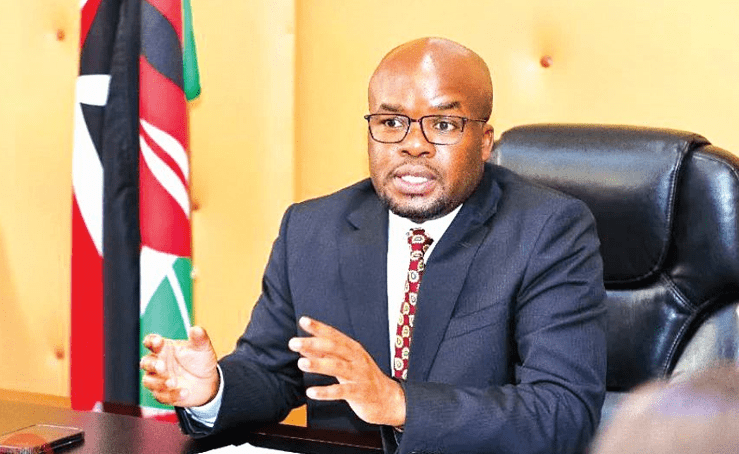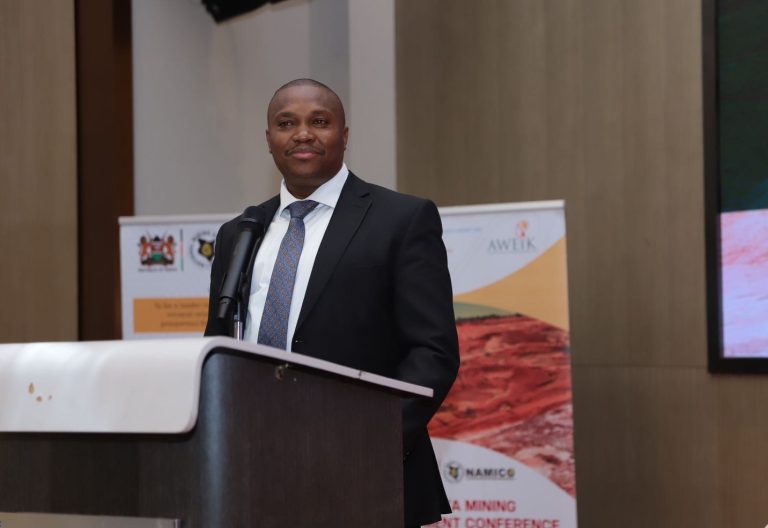Lack of funds holding Africa back on climate change
Today, several parts of the world have become uninhabitable because of climate change. The worst is that millions of families are no longer guaranteed of a meal due to the consequential famine. Following the Conference of Parties (COP27) climate talks in Egypt last month, focus is now shifting to whether countries will meet the myriad of commitments they made to aid in the fight against climate change.
Africa is increasingly grappling with the effects of climate change, with devastating impacts on households and economies across countries. Every day we witness typical examples of the devastating effects of climate change, rivers which we grew up seeing around are drying up, farmers can no longer be guaranteed of a solid harvest, thousands of animals across the region are succumbing to drought. Every day, tens and thousands are dying of hunger and statistics from across the East African countries are worrying. This has everything to do with climate change and inaction from critical players.
It is clear that we are not on the right trajectory to achieve the global climate target commitment of limiting warming to 1.5°C above pre-industrial levels, as set out in the Paris Agreement to reduce emissions and achieve net zero by 2050.
The Emissions Gap Report 2022 finds that the world must cut emissions by 45 per cent to avoid global catastrophe. The same report indicates that the world is not on track to reach the Paris Agreement goals and global temperatures can reach 2.8°C by the end of the century.
At COP27, countries responded to the recommendations made by the Breakthrough Agenda Report published in 2022 with a package of 28 Priority Actions to decarbonise the power, road transport, steel, hydrogen, and agriculture sectors in line with the goals of the Paris Agreement. The report recommended strengthening collaboration between governments, businesses and civil society in areas such as common standards, technology R&D, trade, and improving technical and financial assistance.
Looking beyond this, it’s estimated that African economies will require at least $1.3 trillion to implement the Paris Agreement mandate by 2030 with governments and major financial institutions being asked to increase their efforts through enhanced lending mechanisms.
To start this journey, the African Union Commission and the Global Center for Adaption signed a Memorandum of Understanding to mobilise at least $25 billion for the African Adaptation Acceleration Programme – established by the Centre and the African Development Bank – over five years. Money has been committed through the loss and damage fund to help developing countries fight climate change, however, the effects and impacts of climate change persist. It is a high time for private sector players to take bold acts in addressing the above-highlighted challenges.
As a partner, KCB Group is committed to taking action against climate change by aligning its activities with national and global ambitions and commitments to bolster climate action. To drive climate action, we have set a target transform our book and increase our green finance portfolio from 8.4 per cent in 2021 to 25 per cent by 2025. This an ambitious target that will be achieved through strategic partnership with like-minded partners such as the International Finance Corporation and Green Climate Fund among others.
It is therefore crucial to act quickly to prevent climate change and its catastrophic effects to save lives and livelihoods. The conversation today must be aligned with how we safeguard the Planet.
— Writer is the KCB Group CEO












